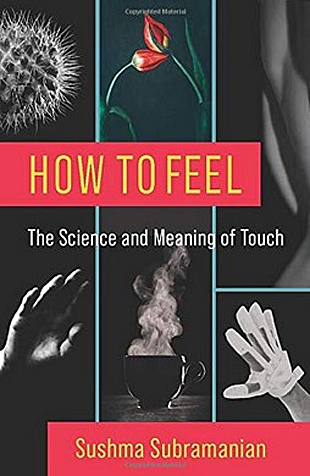“All of this research on the health benefits of touch has led to some major changes in our culture. Sick babies were once sequestered away so they wouldn’t be exposed to infection, but they are now allowed visitation and touch by their families. Dozens of neonatal intensive care units around the country use touch therapy to help promote babies’ growth. In the past decade hospitals in the United States have increasingly encouraged skin-to-skin contact immediately after birth, finding that it regulates babies’ breathing and heart rate and stimulates hormones necessary for women to breastfeed. These same hospitals tend to house babies with their mothers during their stay, touting the benefits of close proximity starting early in life.
“Touch isn’t just limited to newborns. Deep touch therapy has become one widely accepted treatment for autism in children. Recent research has found that many autistic children have impairments in sensory nerves that cause them to overreact to tactile stimulation or to fail to recognize it as rewarding social behavior. Specialists can train these children in strategies for reintroducing touch into their lives, either by letting them know how they can request a hug from caregivers or find strategies to comfort themselves….
“By the time we’re teenagers, most of us have heard repeatedly that our complicated feelings and urges make us act irrationally. We’re actively told not to trust our bodies, and what we need to be reminded of instead is that our bodies carry an important intuition that we should listen to. While teenagers have plenty of opportunities to play sports, which are mostly a way for them to look better and achieve goals, there’s a dearth of ways to develop somatic awareness. Yoga or dance or manual therapies can remind teens to come back to the feelings inside them. This comfort we have in our own skin helps us when it comes time to negotiate the terms of our first sexual encounter or discuss our preferences with a partner. Without it, we’re more willing to let others make these decisions for us.”
